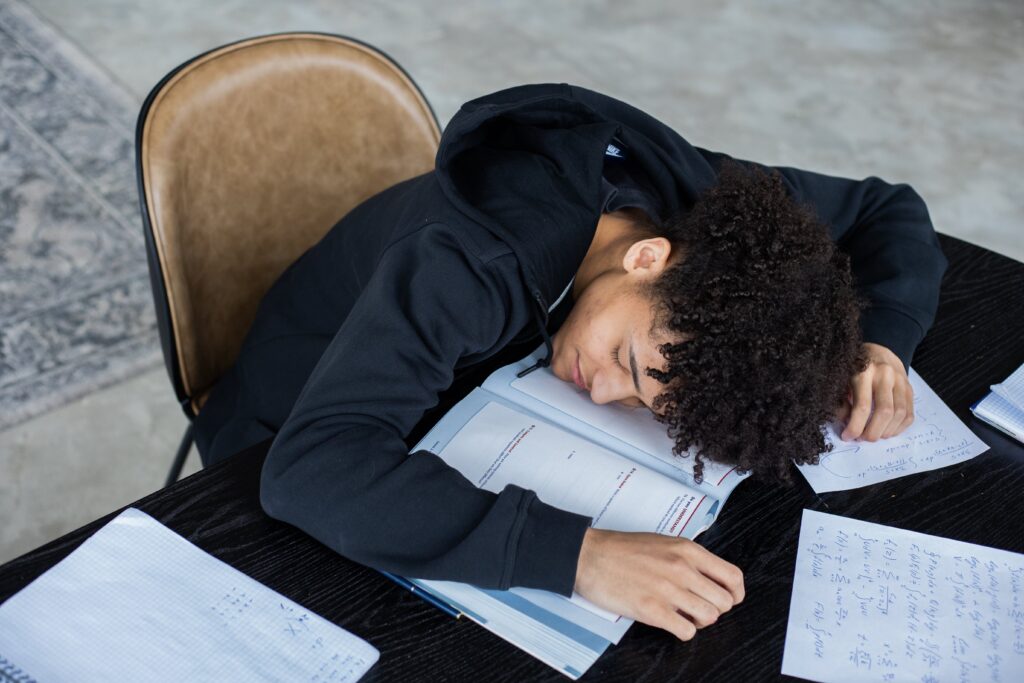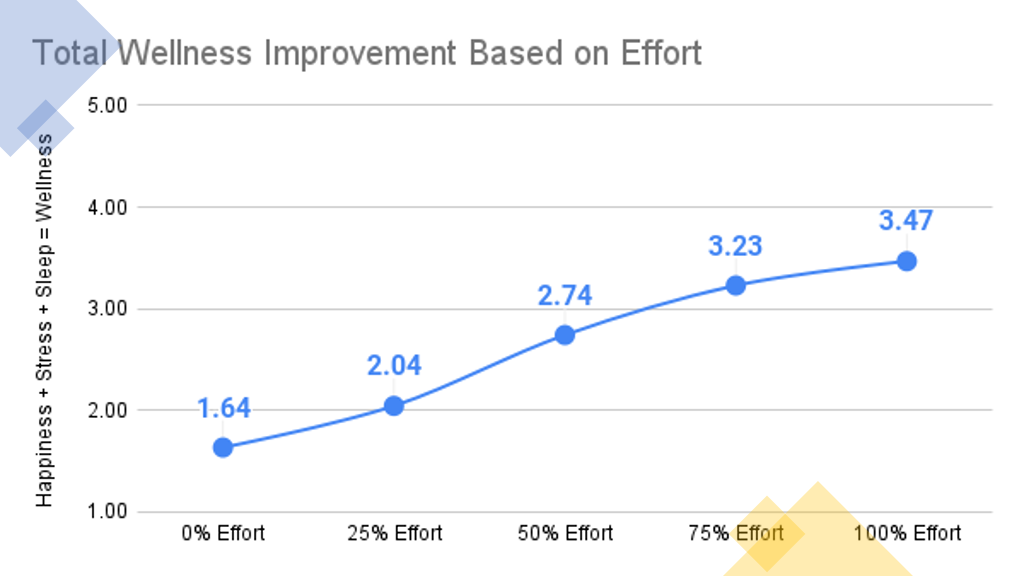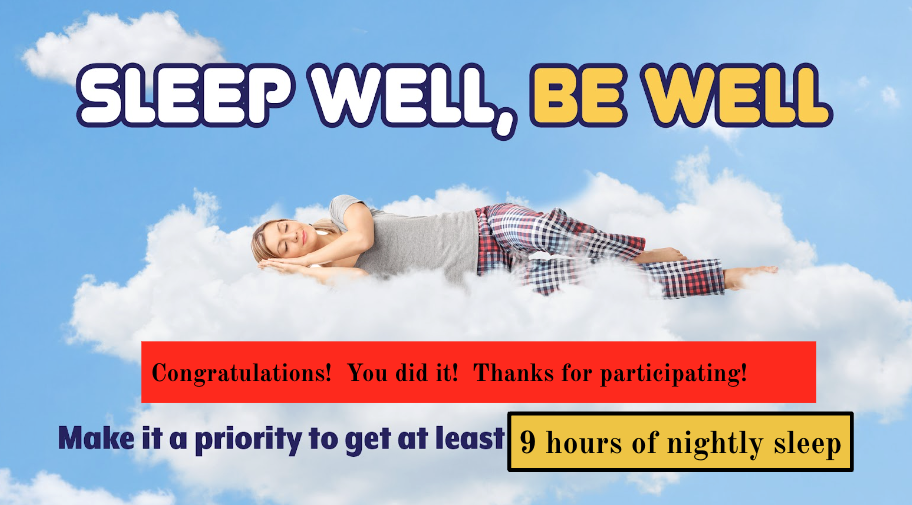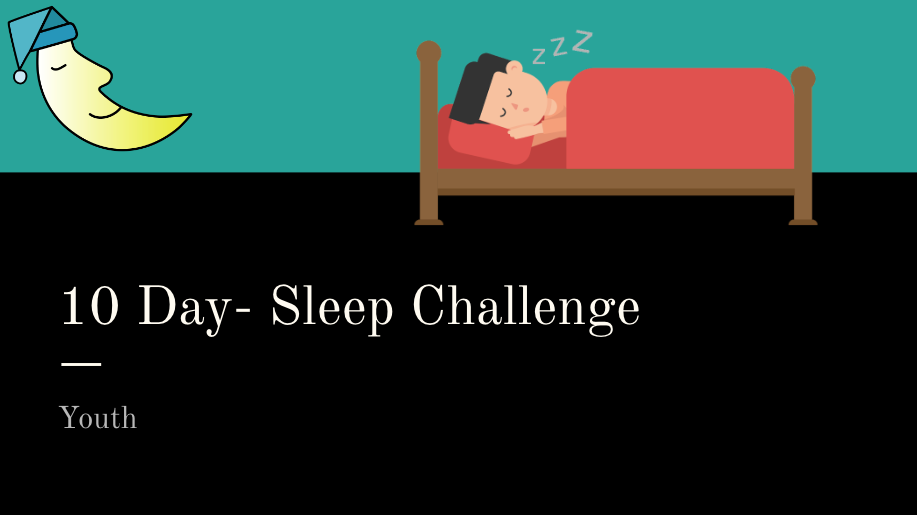How one researcher is fighting to change our relationship with sleep
It was in 2017 when Kathleen Mackenzie started to notice a marked shift in how children and adolescents were showing up at school.
A senior lecturer at Northeastern University’s College of Professional Studies and an award-winning clinical social worker and coordinator of clinical and behavioral services in the New Bedford school district, Mackenzie has 33 years of experience working across all age ranges of youth.
While childhood and adolescence have always been complex years of development, there was a tipping point in 2017 where kids seemed to show up more cranky and less resilient to stressors.

But why?
Initially, Mackenzie suspected the fast-paced influx of technology into all spaces might be to blame. As more kids were on screens more hours of the day, it seemed logical that there must be some correlation between the nearly omnipresent digital world and the repercussions of challenging emotional stress in the real world. While this is true, upon further study, Mackenzie found that while technology certainly had a role to play in the breakdown of social, and emotional resilience in youth it wasn’t the root cause. The root cause was much more simple. And much more alarming.
Sleep. (Or lack thereof).
Following extensive research and study, Mackenzie found that 60% of elementary students, 97% of middle school students, and 92% of high school students are sleep-deprived. Even more concerning is that overall, 60% of youth and adults sleep 6 hours or less per night, which meets the criteria for being clinically significantly sleep-deprived.
“Sleep is essential, Sleep is supposed to happen in a certain pattern and when we miss those patterns, we lose our ability to emotionally self-regulate.”
– Kathleen Mackenzie
Advocating for Sleep
A long-time advocate of rebooting our relationship with sleep, Mackenzie’s insights into sleep deprivation amongst youth were initially published in the March 2022 issue of Psychology Today titled: Could Sleep Help End the Youth Mental Health Crisis?
More recently, she took her work into the advocacy space through an award-winning public service ad (PSA) campaign in the New Bedford public access network. That awareness campaign shed light on the impacts of sleep deprivation with tools to help reclaim necessary sleep.
Mackenzie then used the PSA series, which includes a total of 11 educational videos to conduct a 10-day research study and “Sleep Challenge” with elementary, middle, and high school students in the district. Each participant was required to take an anonymous pre-survey to benchmark their current sleep patterns followed by watching the main 3.5-minute video (linked below): “Sleep On It”.
Over the next 10 days, participants were asked to answer a “question of the day” related to their previous night’s sleep, watch one of the ten science-based videos about various sleep hygiene strategies (approximately 1 minute each), and record their sleep on a Google form. At the end of the survey, participants then took an anonymous post-challenge survey.
The surveys were made available in English, Spanish, Portuguese, and K’iche.
And the results were astounding.
The Power of Sleep
Over the course of the Sleep Challenge, as kids of different age groups were given tools to help them improve their quality of sleep, students who were able to adapt these tools and strategies into their sleep cycle demonstrated significant benefits. The students who tried their hardest to change their sleep patterns reported the highest level of benefits. Data from a program for students with social-emotional challenges generated even more impressive results. In fact, within only the first few days of the Sleep Challenge, behavioral outbursts in this program were reduced from multiple times per day to zero.

Much of Mackenzie’s foundational research work cites Mathew Walker’s seminal book, Why We Sleep. A renowned neuroscientist, Walker details the latest scientific findings on sleep and its impact on our mental and physical health as well as our overall well-being and capacity for essential daily functions.
“The best bridge between despair and hope is a good’s night sleep.”
– Mathew Walker
The quality of our sleep depends on two main types of sleep: REM and non-REM sleep. REM sleep is important because it helps us recalibrate and fine-tune the emotional circuits of the brain. This is also where dreams happen. Non-REM sleep allows us to experience a sensory “blackout” providing our brain the capacity to transfer short-term data and experiences into long-term memory.
When we don’t get the recommended amount of quality sleep (7-9 hours for adults, 9-11 hours for school-aged youth), we lose out on one or both of these cycles. This causes harm to our mood, our memory, and our bodily functions.
The lack of sleep doesn’t just affect youth. Despite the need for sleep, 50% of people under 30 sleep six hours or less. And while more sleep is gained as we get older, every age group suffers some form of sleep deprivation. Further, in addition to the day-to-day negative impacts sleep deprivation clearly has on our mood, emotion, and ability to respond to stress, over time prolonged lack of sleep can even lead to cancer, heart disease, as well as issues with immune and reproductive systems. In short, sleep deprivation kills.
“There is absolutely nothing better you can do to improve your health more than improving your sleep quality.”
– Mathew Walker
The tools to correct this epidemic of sleep deprivation are simple, yet difficult to maintain with regularity. These include:
- Develop a schedule. Aim to have the same bedtime and wake-up time every day. (Even on the weekends).
- No screens! TVs, computers, and cell phones make it harder to go to bed on time. And the light is disruptive. At least an hour before bed, we should turn off these devices.
- Time your meals. Stop eating at least three hours before bedtime to give your body time to adjust and prepare for sleep.
- Exercise daily. And early. If you work out too close to bedtime, you will have a harder time sleeping.
- Avoid long naps. A short power nap may be beneficial, but anything longer than 30-45 minutes will mess with your circadian rhythm.

Because many of us have developed deeply entrenched poor sleep habits, these simple fixes are harder to make part of our routine. Consistency, according to Mackenzie, is key to long-term healthy sleep. Even a few days of good sleep has a measurable impact on our ability to function and engage with the world around us and all the uncertainty it presents.
So, while technology may add to our bad sleep habits, distracting us from embracing some of these simple habits, the root cause of so many of our mental and physical health issues can be traced to a simple lack of sleep. And the kids in Mackenzie’s study were keenly aware of the distraction their devices caused. Many of them cited that the #1 way their parents could help them get a good night’s sleep would be to physically remove their devices from their rooms at night. So many parents are unaware of just how sleep-deprived their children are, according to Mackenzie, that they may not know that while it may be hard to enforce, it is ultimately what most kids know they need.
When we consider that sleep deprivation may be the single largest health epidemic of our time, the earlier in life we can learn proper sleeping habits, the better. All the more so this health crisis is seldom discussed on a national scale with the seriousness it deserves. But Mackenzie aims to change that.
“It’s time to take back control of our sleep, it’s time we as a nation put significant effort and resources into fixing our sleep problem. So many lives depend on it.”
– Kathleen Mackenzie
More information about Kathleen Mackenzie is available at Northeastern University’s website and more information about her recently awarded New Bedford Award PSA based on her Sleep Challenge study can be found at WBSM.
